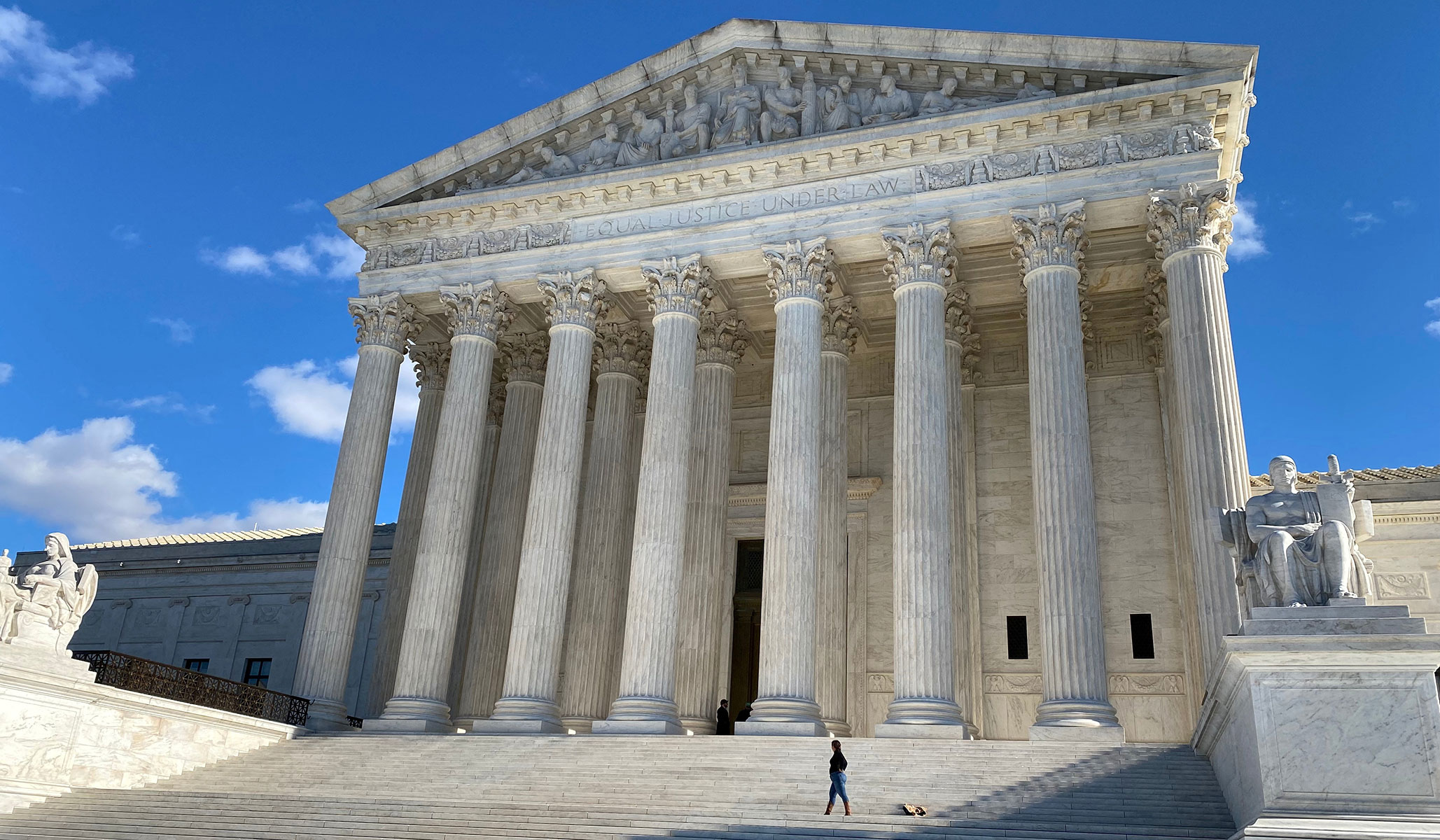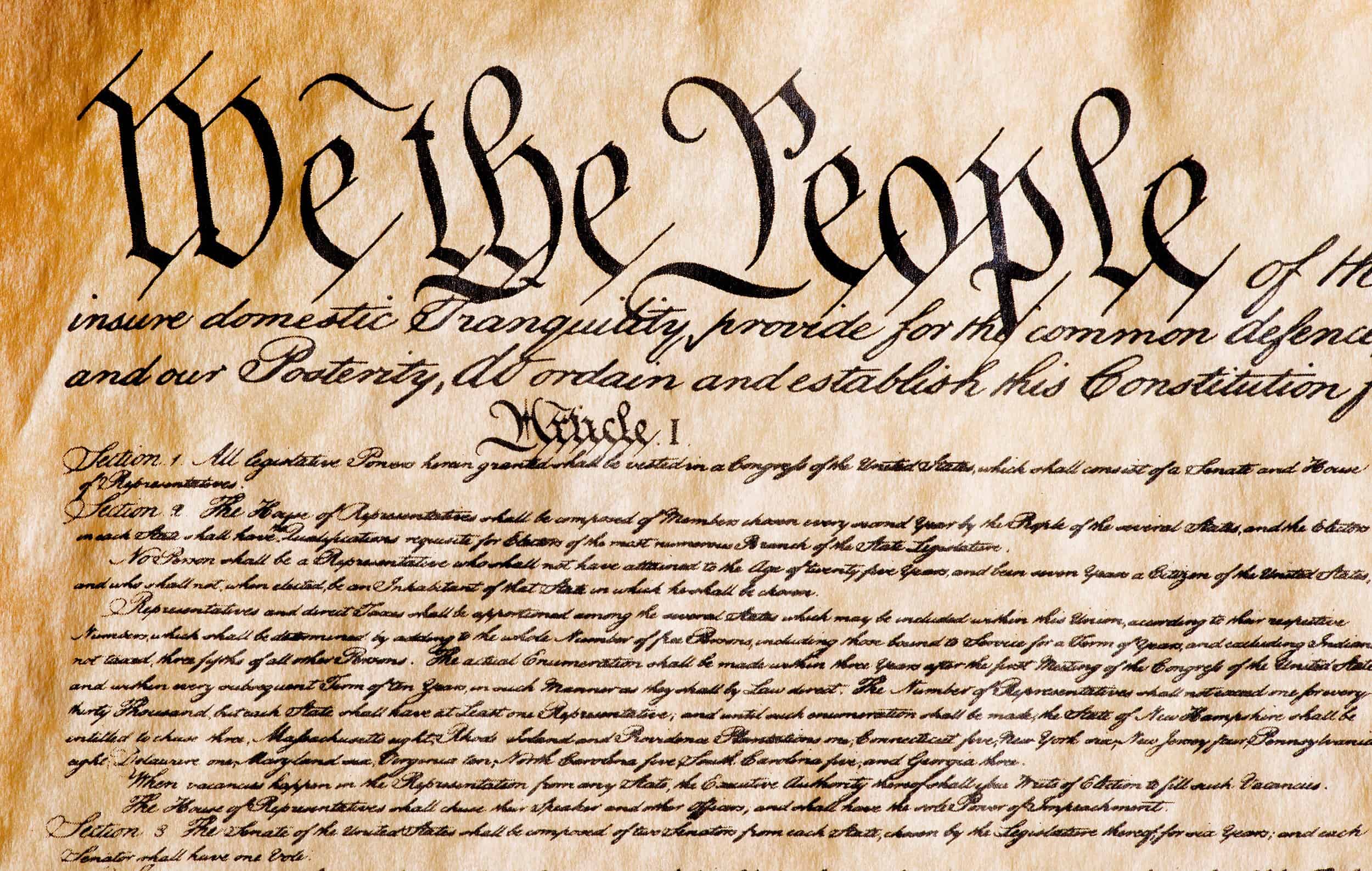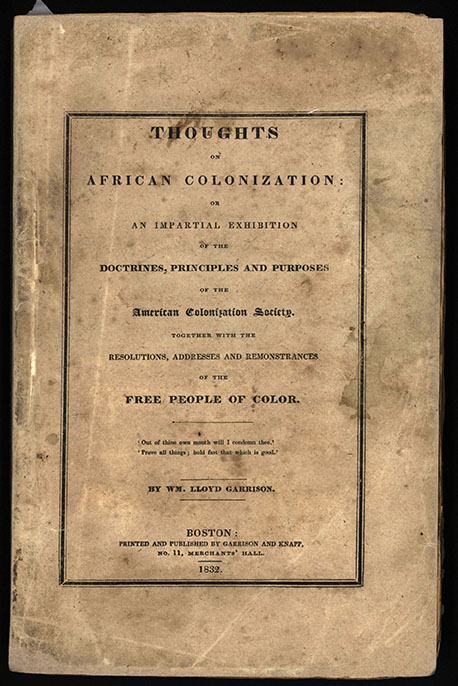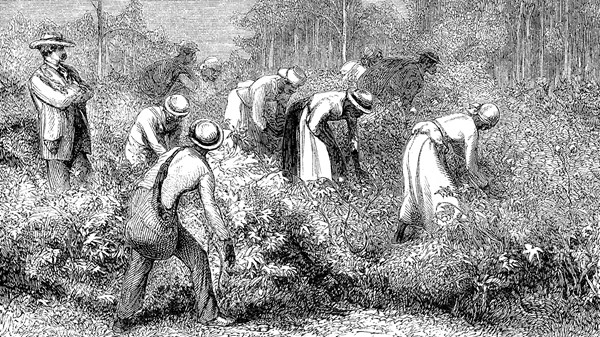Within the government system of the United States, there are three branches of the federal government. We know these branches as the Executive, Judicial and Legislative branches. While each branch has its own set of duties and rules to follow, they all work individually and together to achieve the same goal, keeping the nation safe and in order. One of the most important components of the federal system of government are the courts and more specifically here for our purposes, the Supreme Court.

The Supreme Court of the United States is known to be the most powerful Judicial body in the world. The Supreme Court works hand in hand with the Constitution in order to follow the morals and laws set forth by this ancient document. According to the History Channel, “The Constitution of the United States established America’s national government and fundamental laws, and guaranteed certain basic rights for its citizens”. With this precedent in mind, the Supreme Court and its justices works constantly to do just that and to set this nation up for success in how it operates.

Being a part of the Supreme Court allows nine justices to serve at once, all for varying amounts of time, even if they outlast the president who appointed them. The job is not one to take lightly and certainly not one for the faint of heart. Each justice gets a small staff of law clerks and secretaries to work collectively with them for deciding cases they receive. These justices hold a lot of power in that they come up with boundaries and rules for governmental power and further they are responsible for telling the states and even the president what they can and cannot do. They even have the power to completely strike down an act of Congress, assuming they are able to call it unconstitutional.
The Supreme Court stays extremely busy receiving approximately one hundred cases every week and about seven thousand per year. However, a lot of these cases are ones that arrive as petitions for certiorari. This means the Supreme Court is presented with a written argument attempting to convince the court that a ruling at a lower court was incorrect and should be revisited. In an effort to keep them working at a reasonable rate, the court usually accepts only some of those cases for full consideration, an estimated one hundred per year. The goal of this really is so that every gets equal representation and consideration, regardless of things like status. Supreme Court Justices themselves even say that their job is a lot more difficult and just a lot different that of the president or other branches. Instead of meeting and coming up with and addressing problems in the nation, they essentially wait for the people to bring these problems and concerns to the courts.
It is clear that the Supreme Courts holds a significant amount of power as a whole and there are a lot of components to accomplishing a job such as theirs. Even though we are moving through history every day, the court finds a way to not only still rely on a 200 year old document but they do so while juggling the happiness and trust of the American people. It has taken many years for the court to get where the supreme it is today and it would not be possible without these justices taking into account the time and effort past justices have put in to make this court what it is today for our nation. As stated by Justice Souter, “Most people are willing to accept the fact that the court tries to play it safe. That acceptance haas been built up by the preceding hundred justices of this court, going back to the beginning. We are in fact trading on the good faith and the conscientiousness of the justices who went before us. The power of the court is the power of the trust earned- the trust of the American people”.
Sources:
https://en.wikipedia.org/wiki/Supreme_Court_of_the_United_States
https://en.wikipedia.org/wiki/Constitution_of_the_United_States
https://www.history.com/topics/united-states-constitution/constitution
https://www.youtube.com/watch?v=Ca8qSuWxcG8&t=622s
https://www.youtube.com/watch?v=cWRoXYRsaeo


